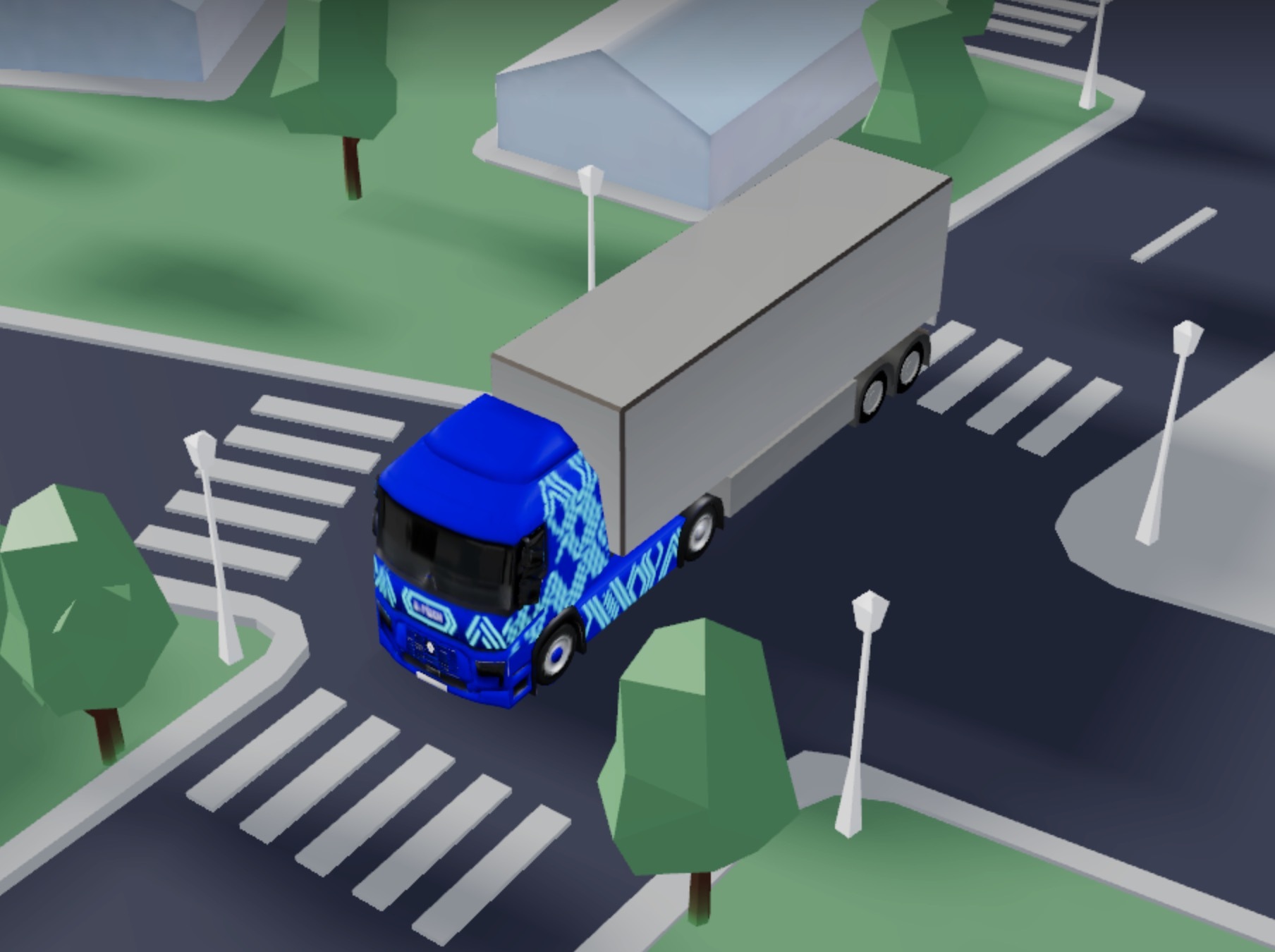Waste collection and recycling
Collecting household waste
With up to 800 stops per round resulting in fuel consumption of 70-100 l/100 km, electric vehicles help reduce operating costs.
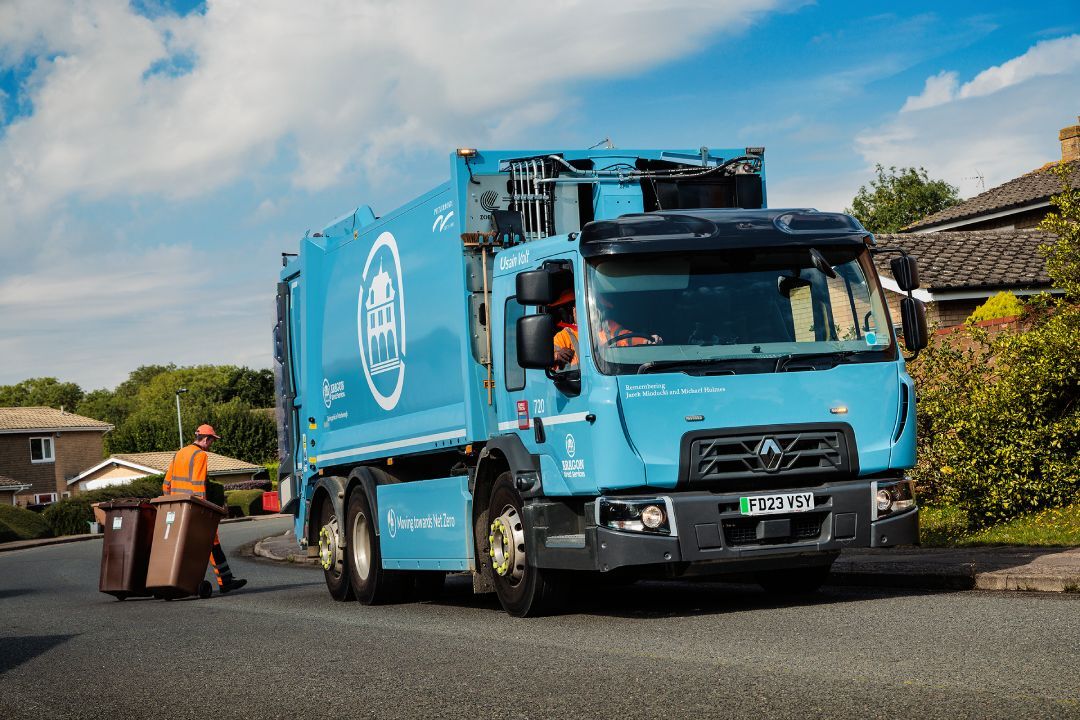
Barcelona commits to 73 electric trucks
Barcelona made a bold commitment by requiring zero-emission trucks in its latest public tender for city maintenance. 73 fully electric trucks now provide near-silent collections with zero local emission, positioning the city as a European model for decarbonisation.
Paris 13th district: Fully carbon-free collection
To collect waste from 180,000 residents in Paris’s 13th district, Sepur uses 18 Renault Trucks E-Tech D Wide vehicles. This results in 21 tonnes of CO₂ avoided weekly compared to a natural gas-powered fleet.
Electric-powered collection isn’t just for cities!
Le Muretain Agglo chose a 100% electric waste collection truck, equally suited to rural and urban areas. This Renault Trucks E-Tech D Wide starts its round at dawn, and residents appreciate this quiet, environmentally-friendly service.
Points of interest
- 4
- 3
- 1
- 9
- 4
- 2
Collecting household waste
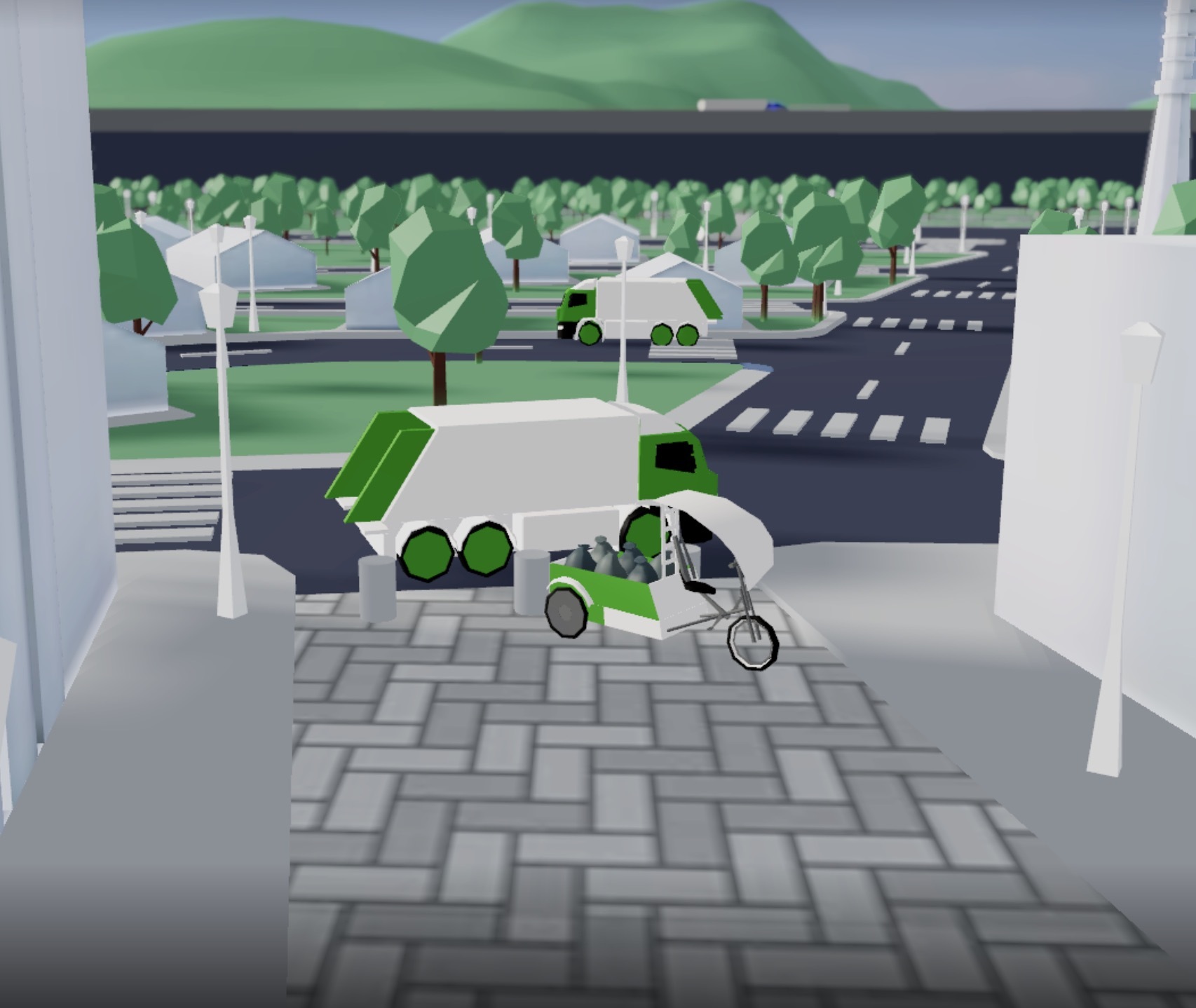
Emptying recycling points
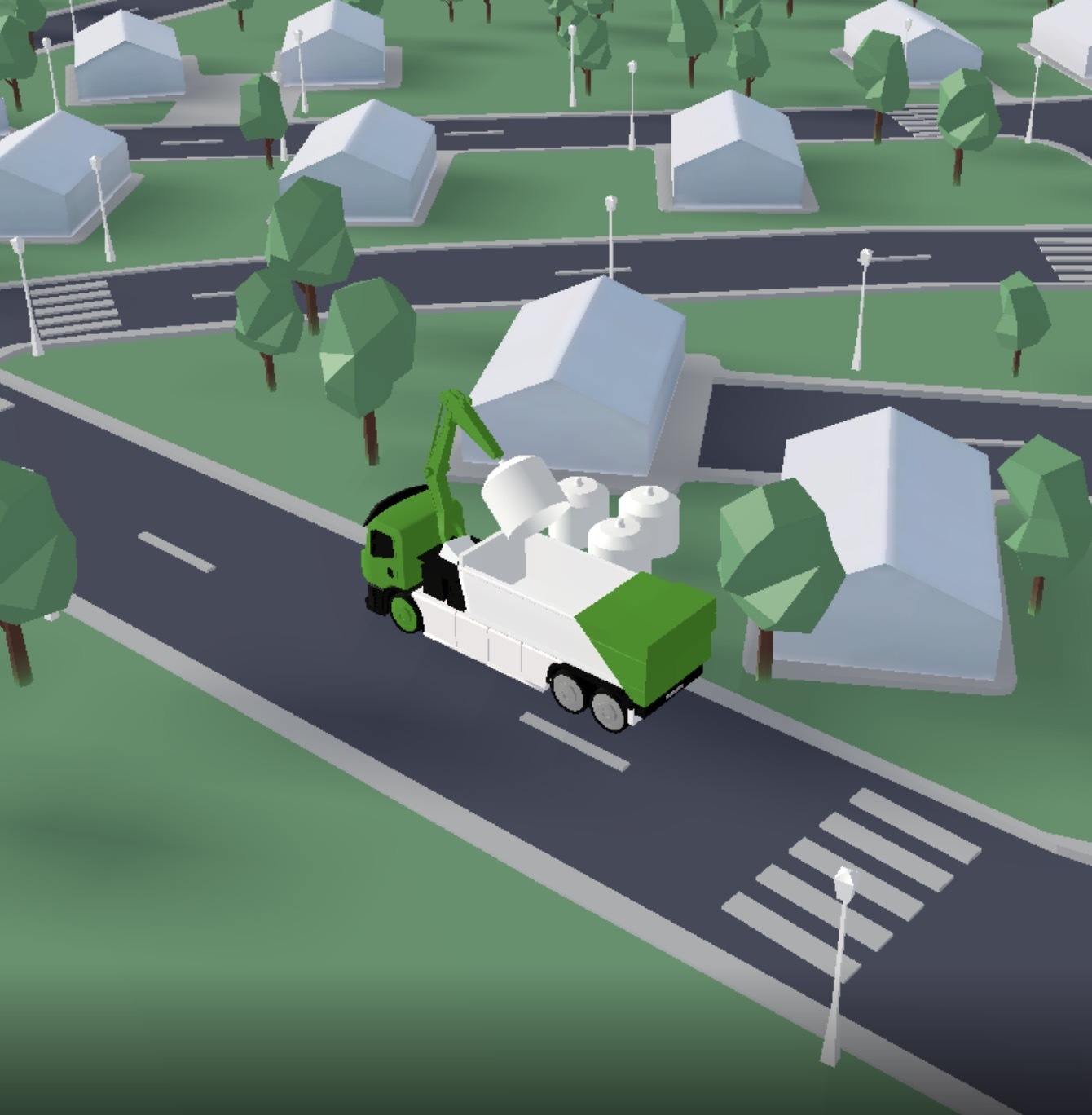
Disposing of industrial and construction waste
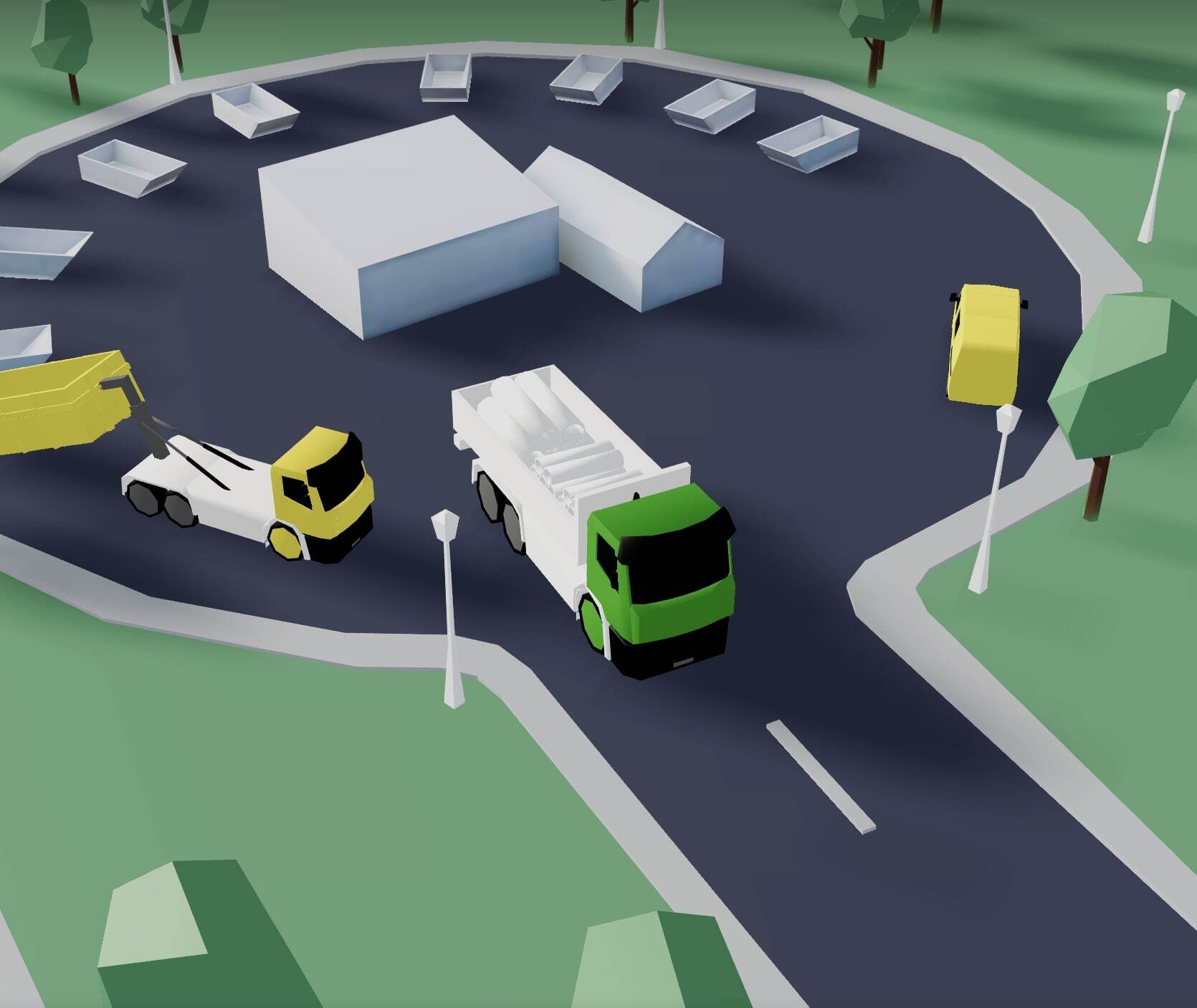
Emptying rubbish bins in public spaces
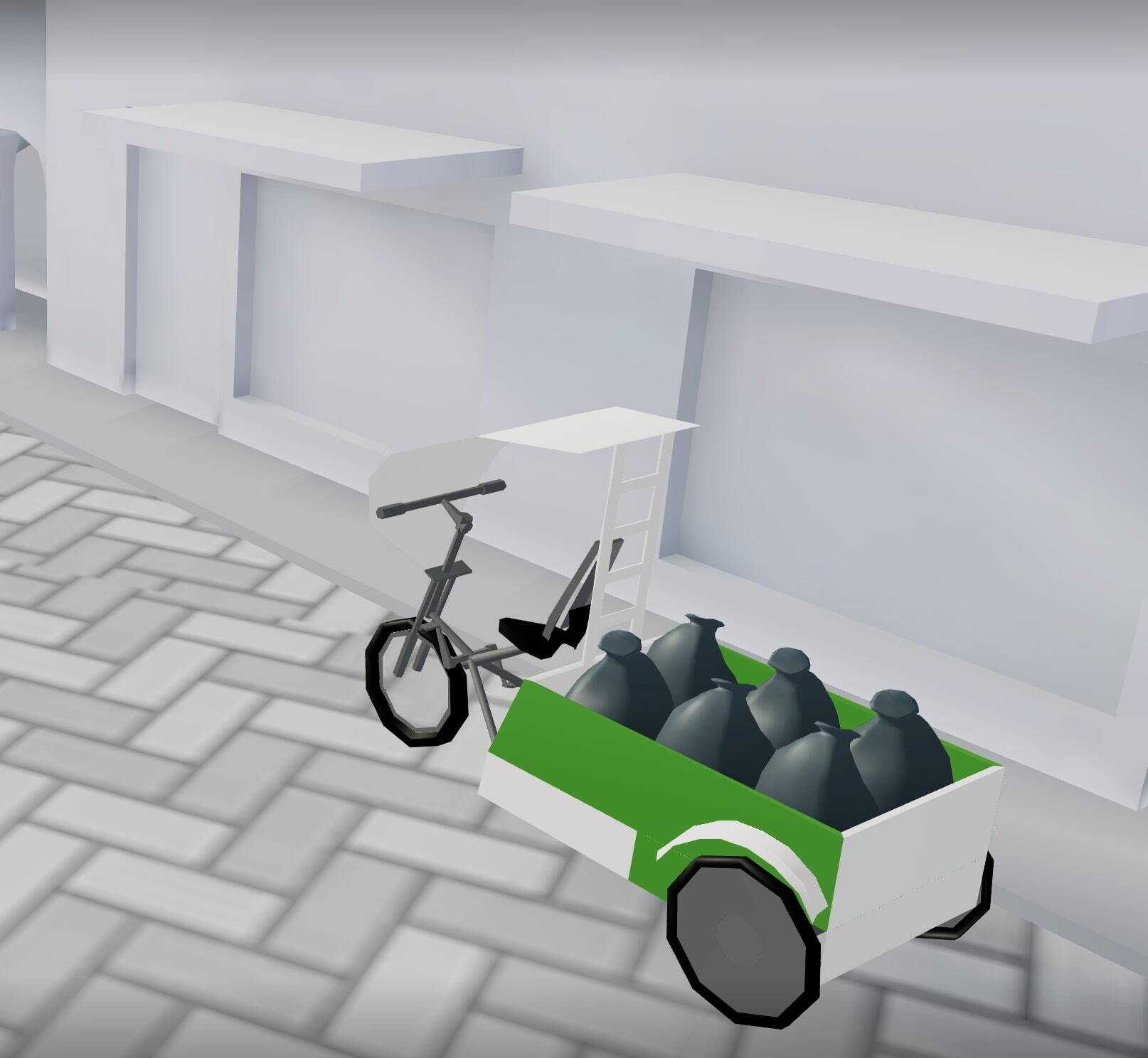
Transporting materials and equipment to urban construction sites
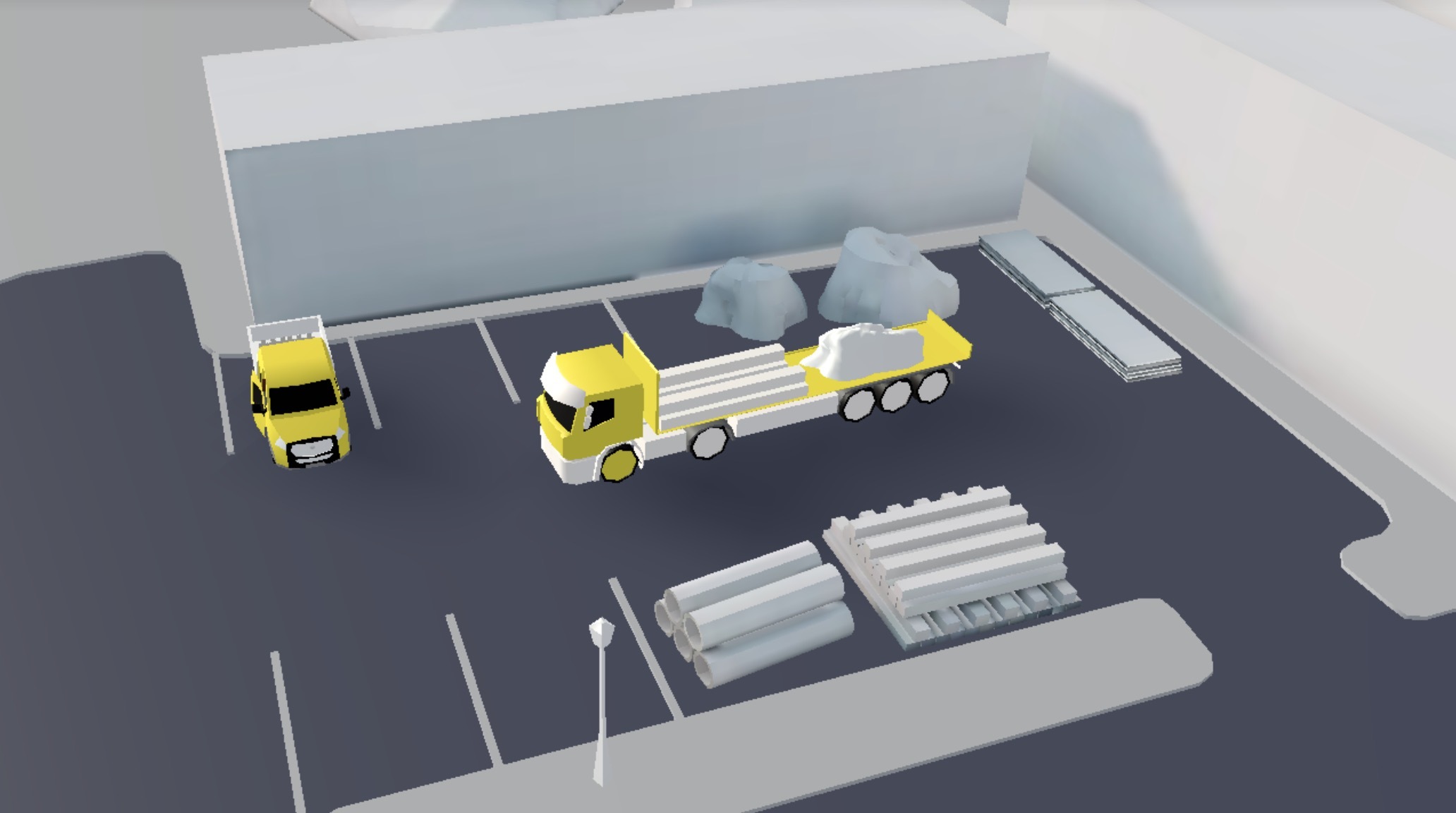
Making the most of vehicles needed for construction sites
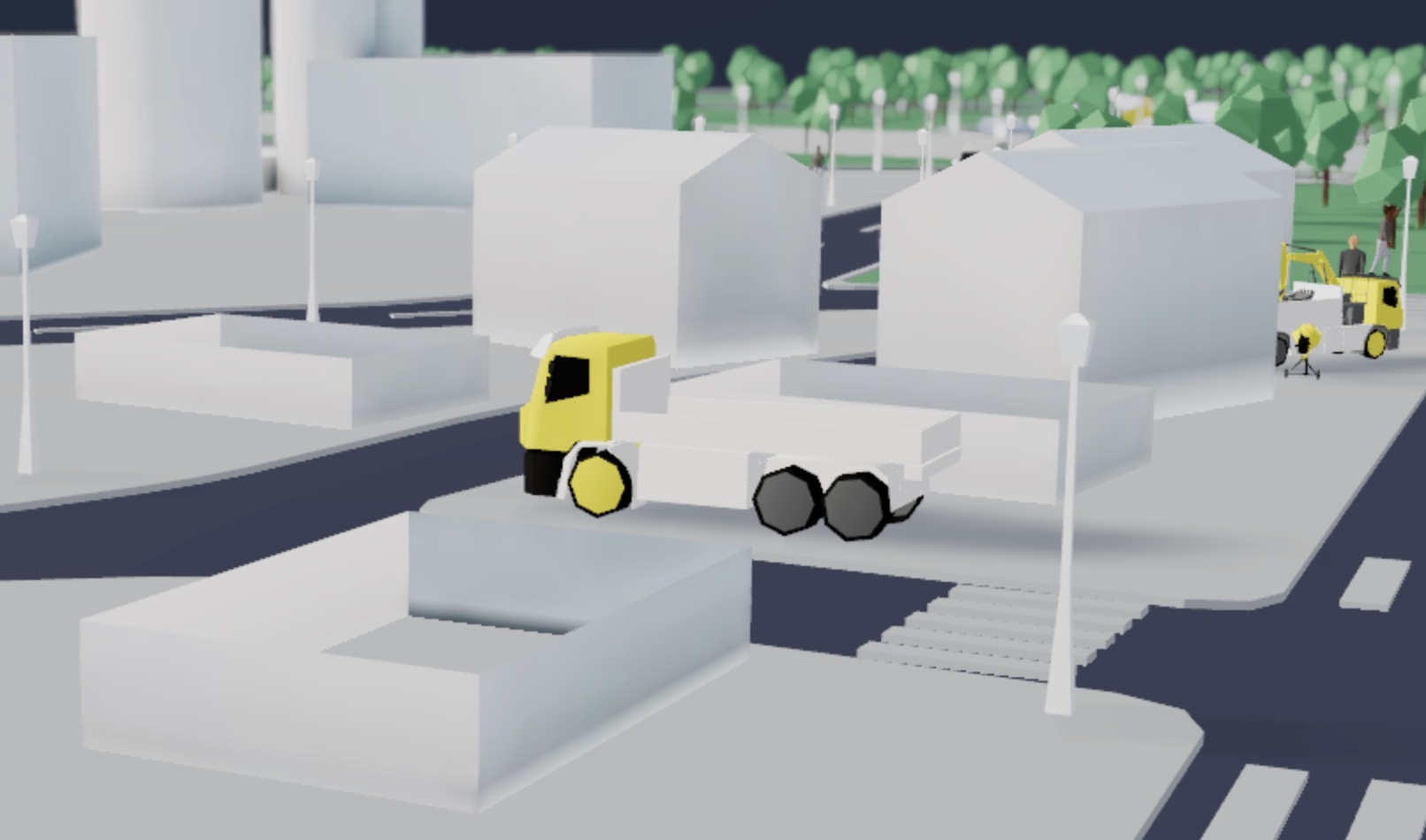
Safety and working conditions
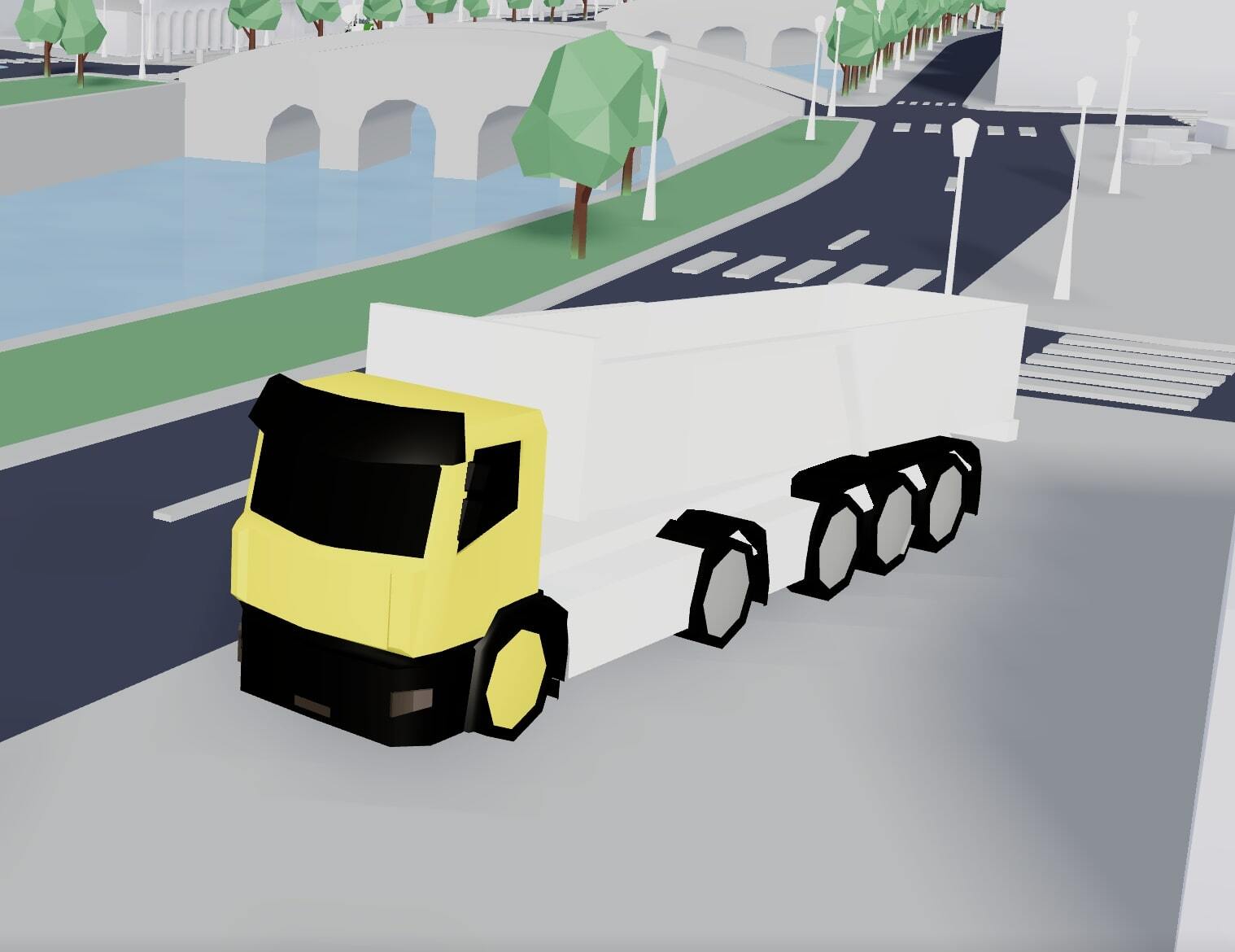
Demolition
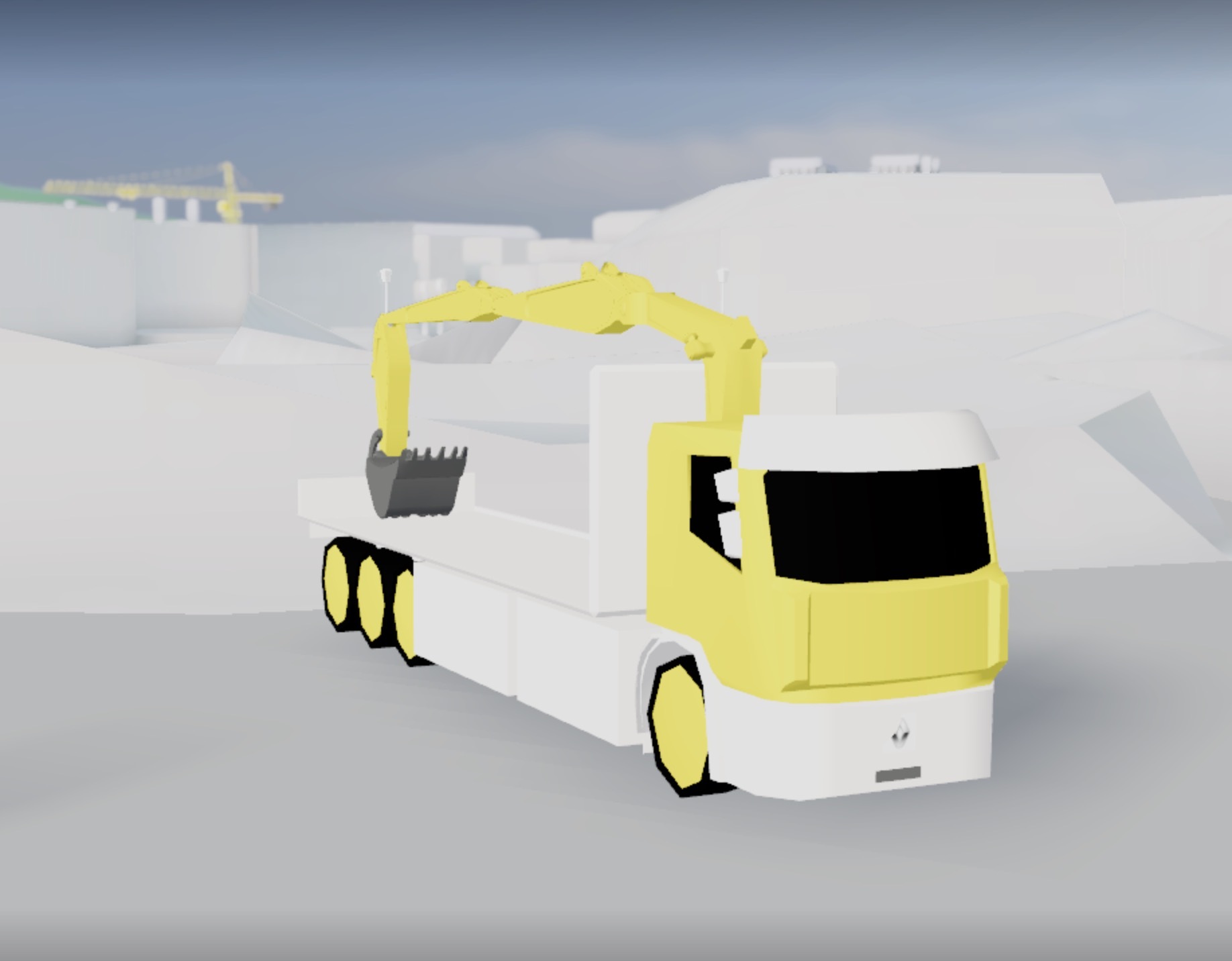
Cement industry
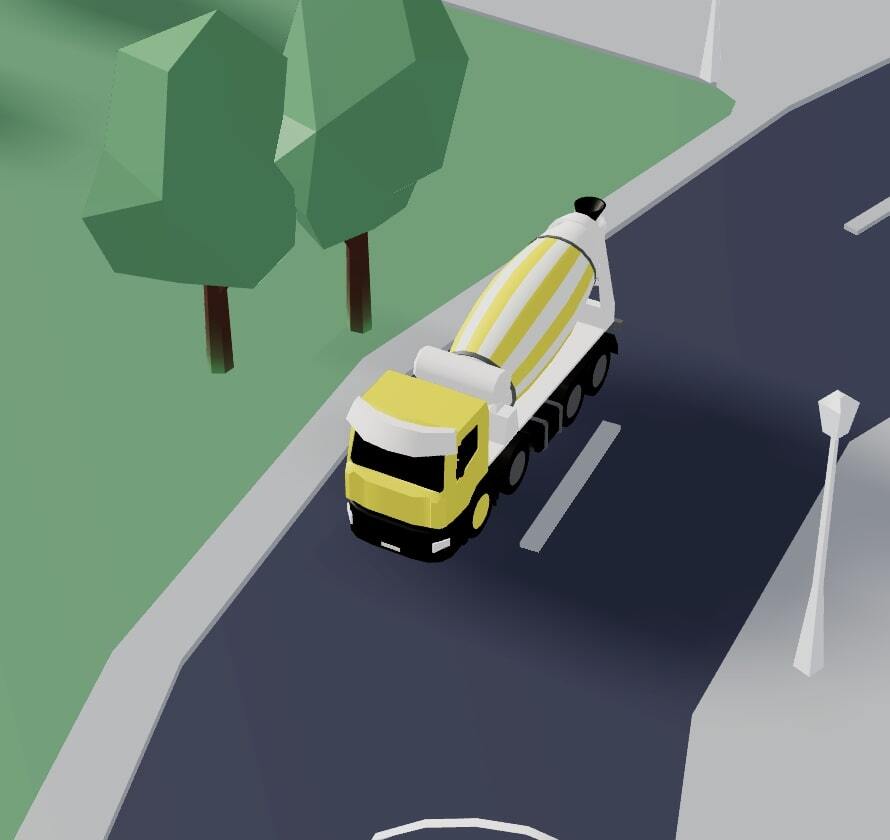
Adapting to the needs of craftpeople
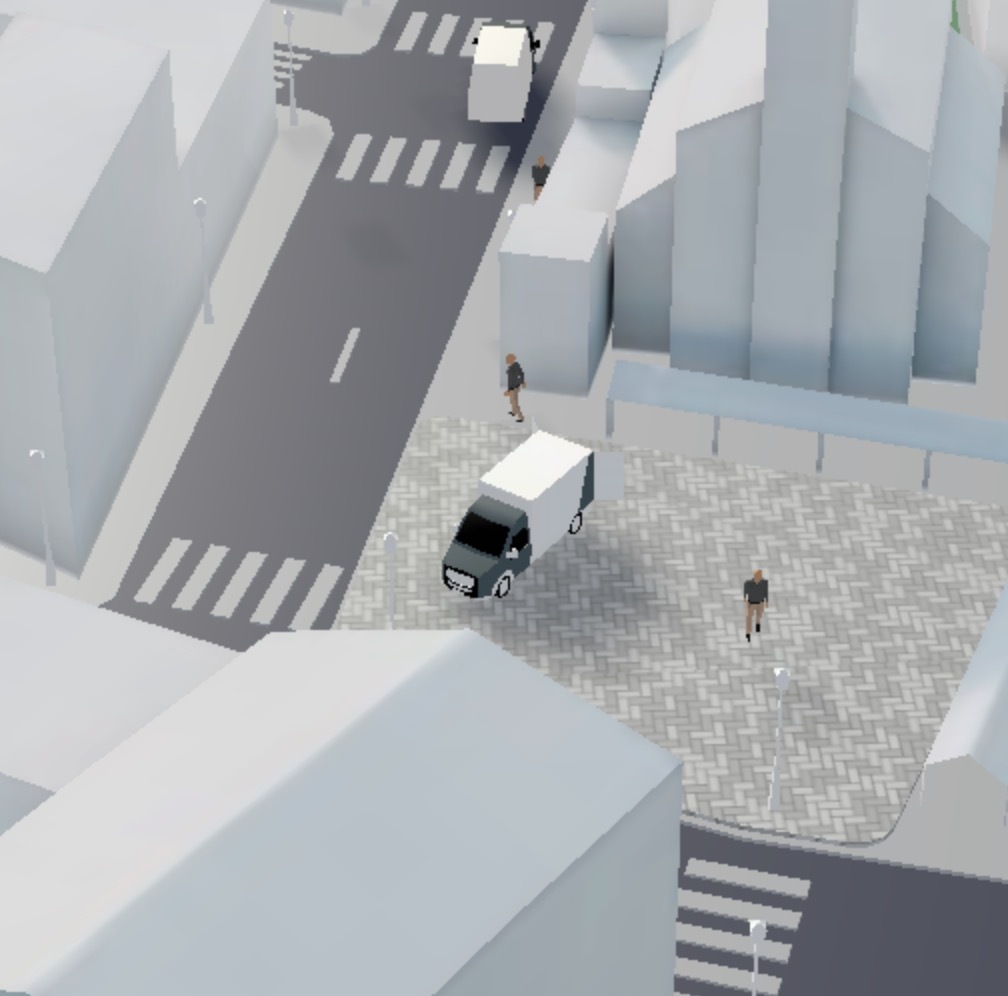
Optimising logistics
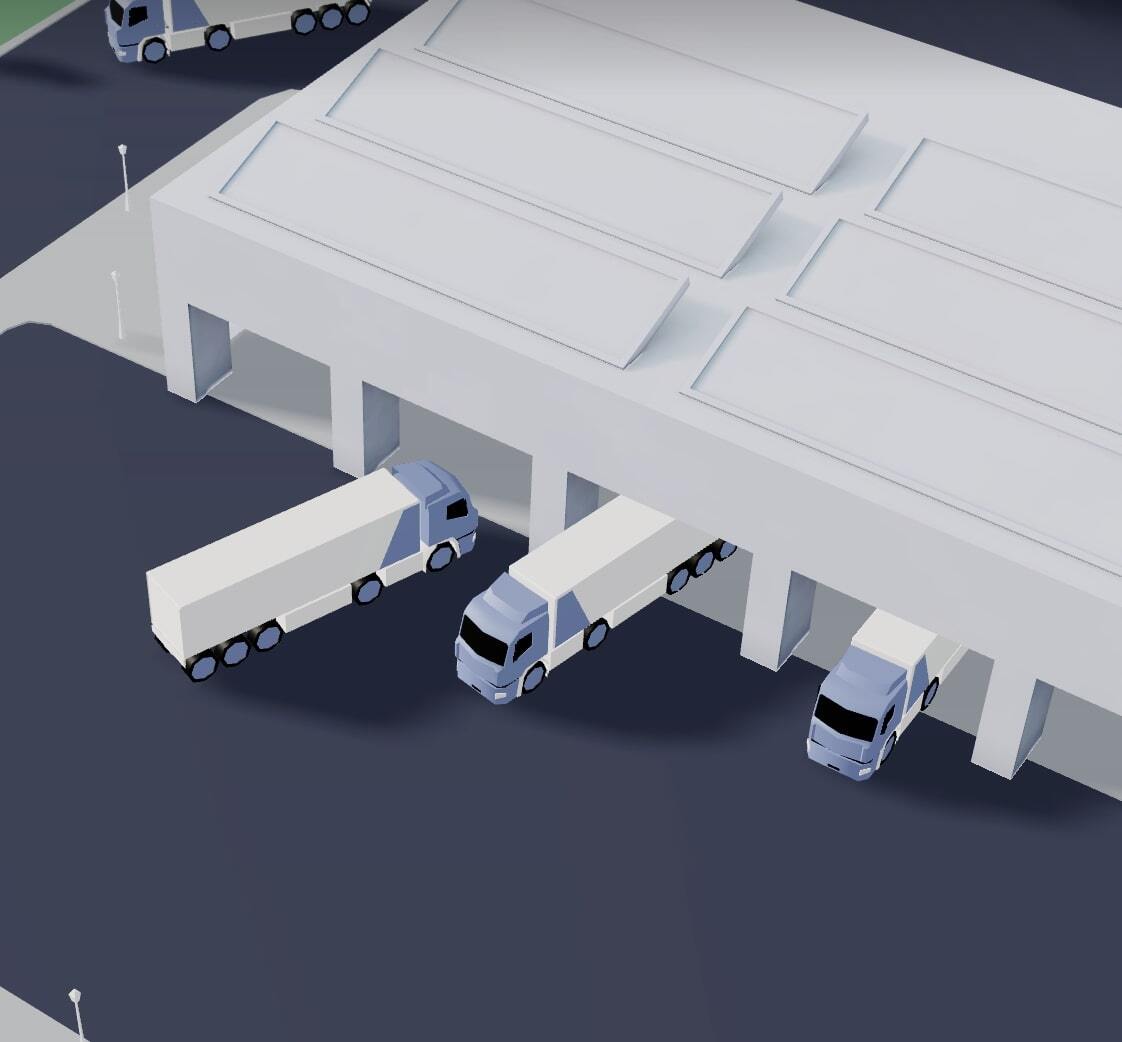
Optimising city transport with the Urban Logistics Hub (ULH)
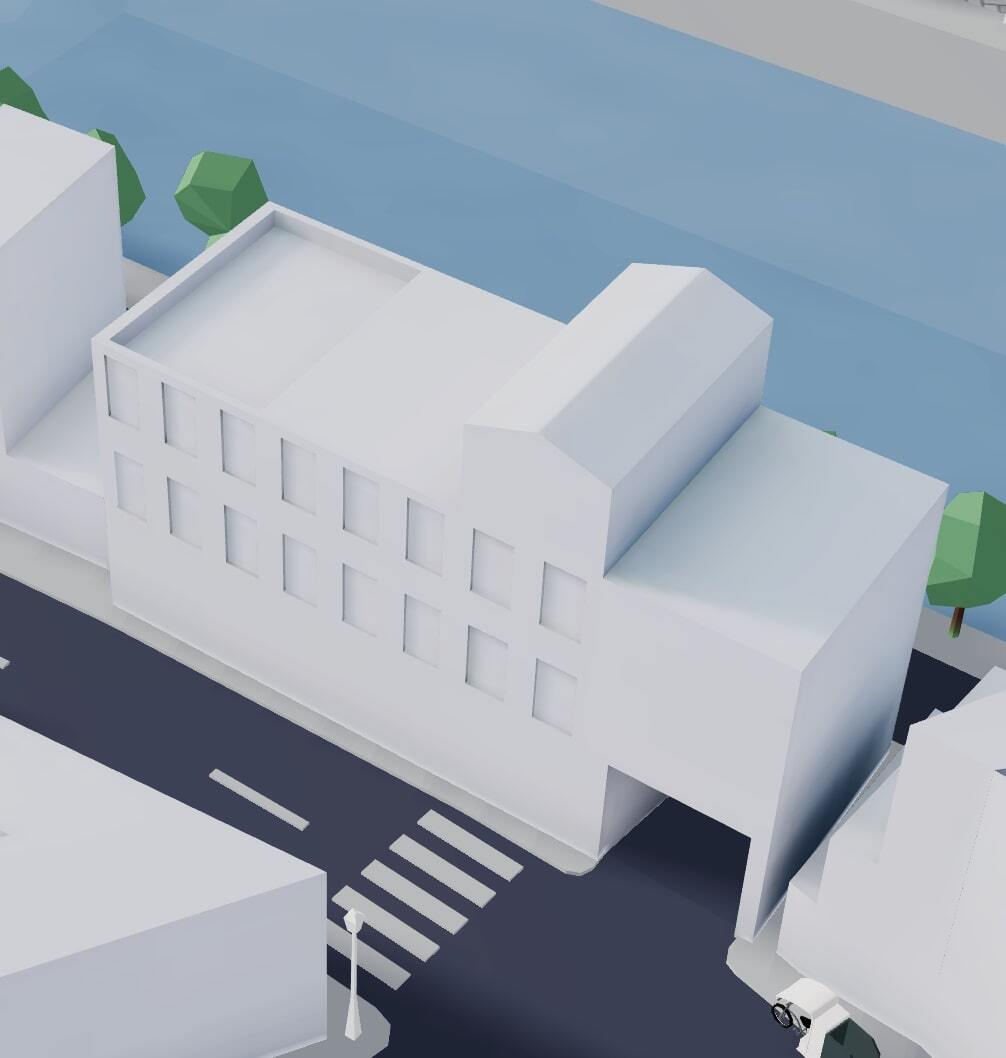
Tackling the challenges of the last mile
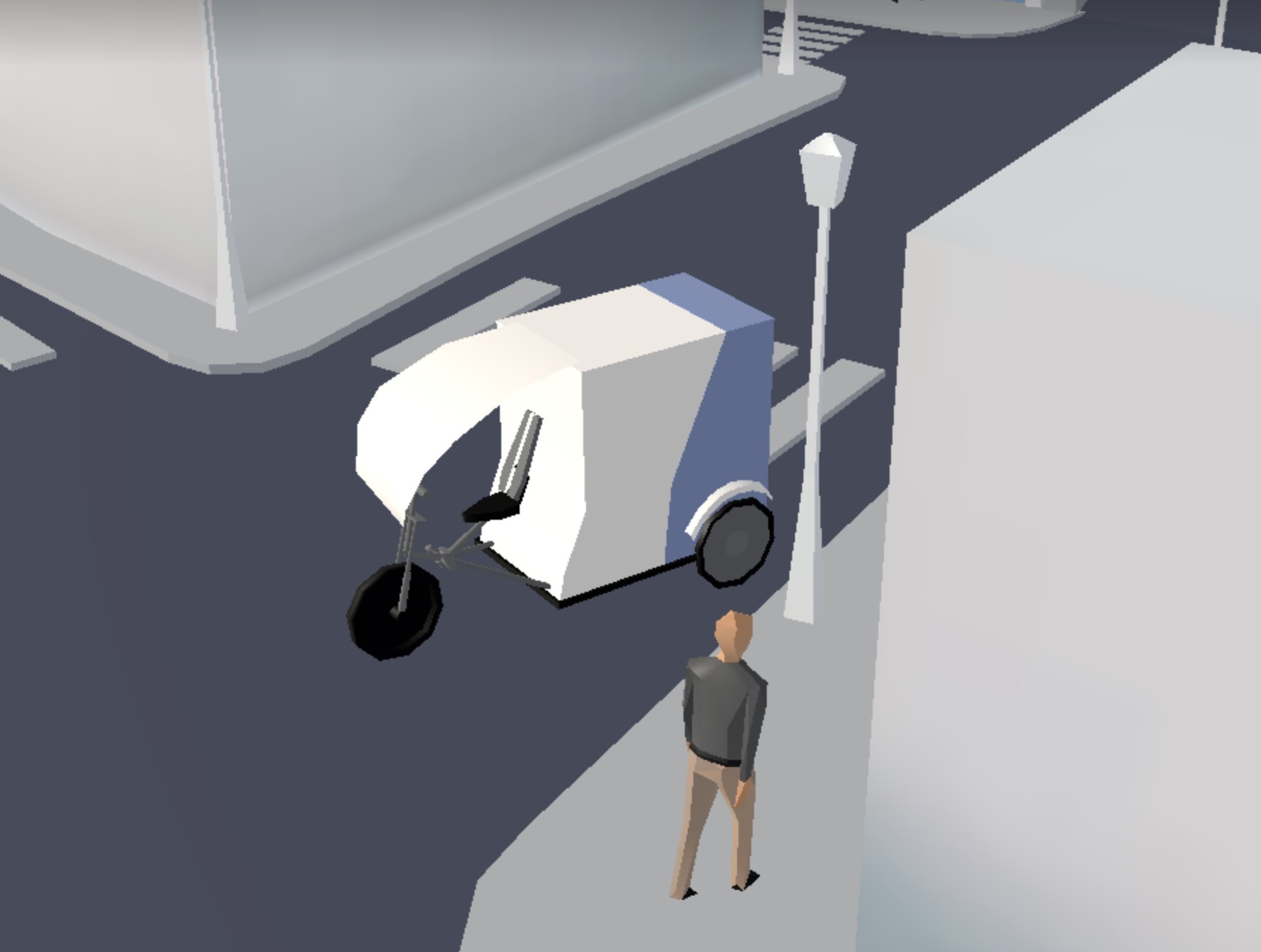
Combining modes of transport
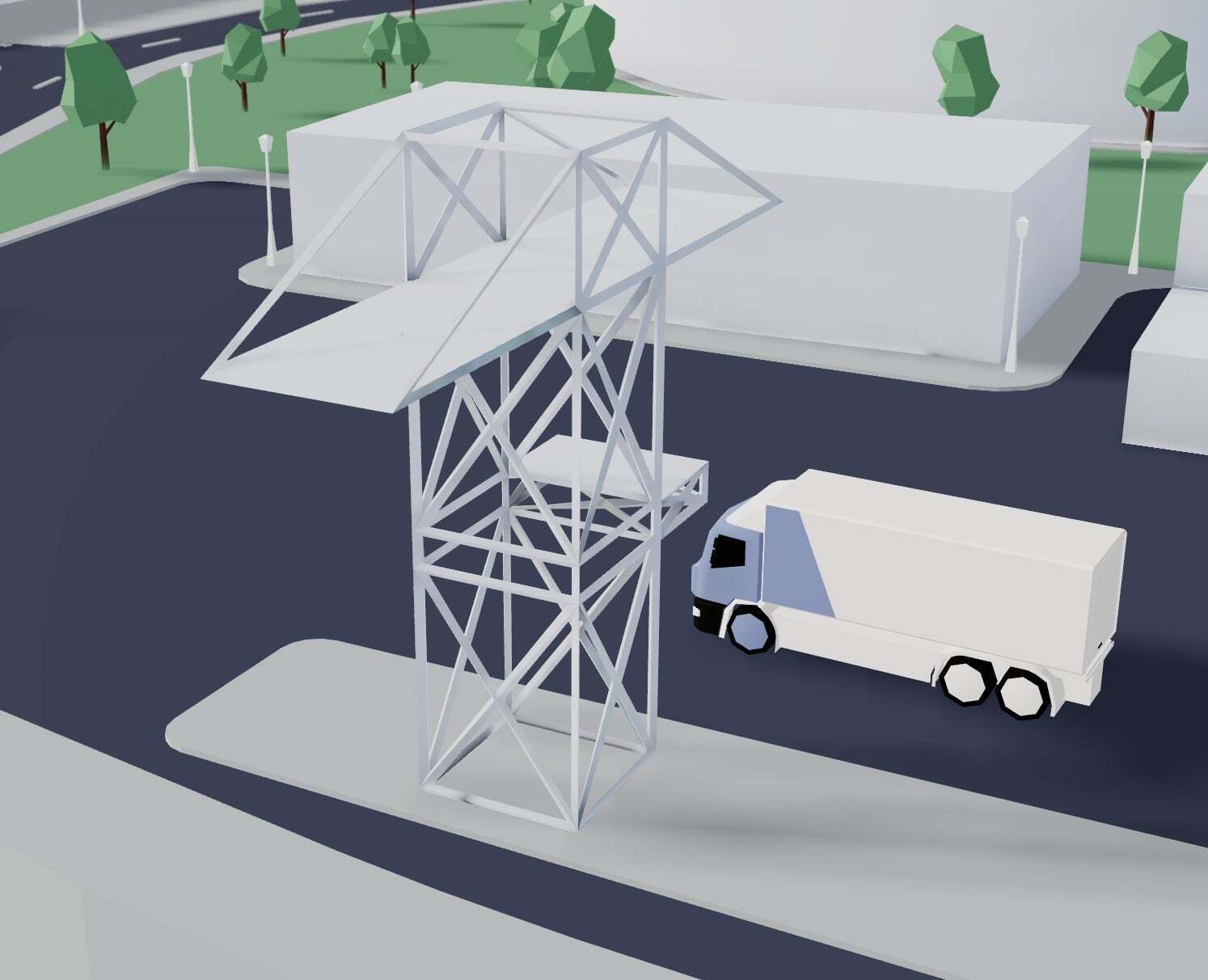
Zero-emission city deliveries
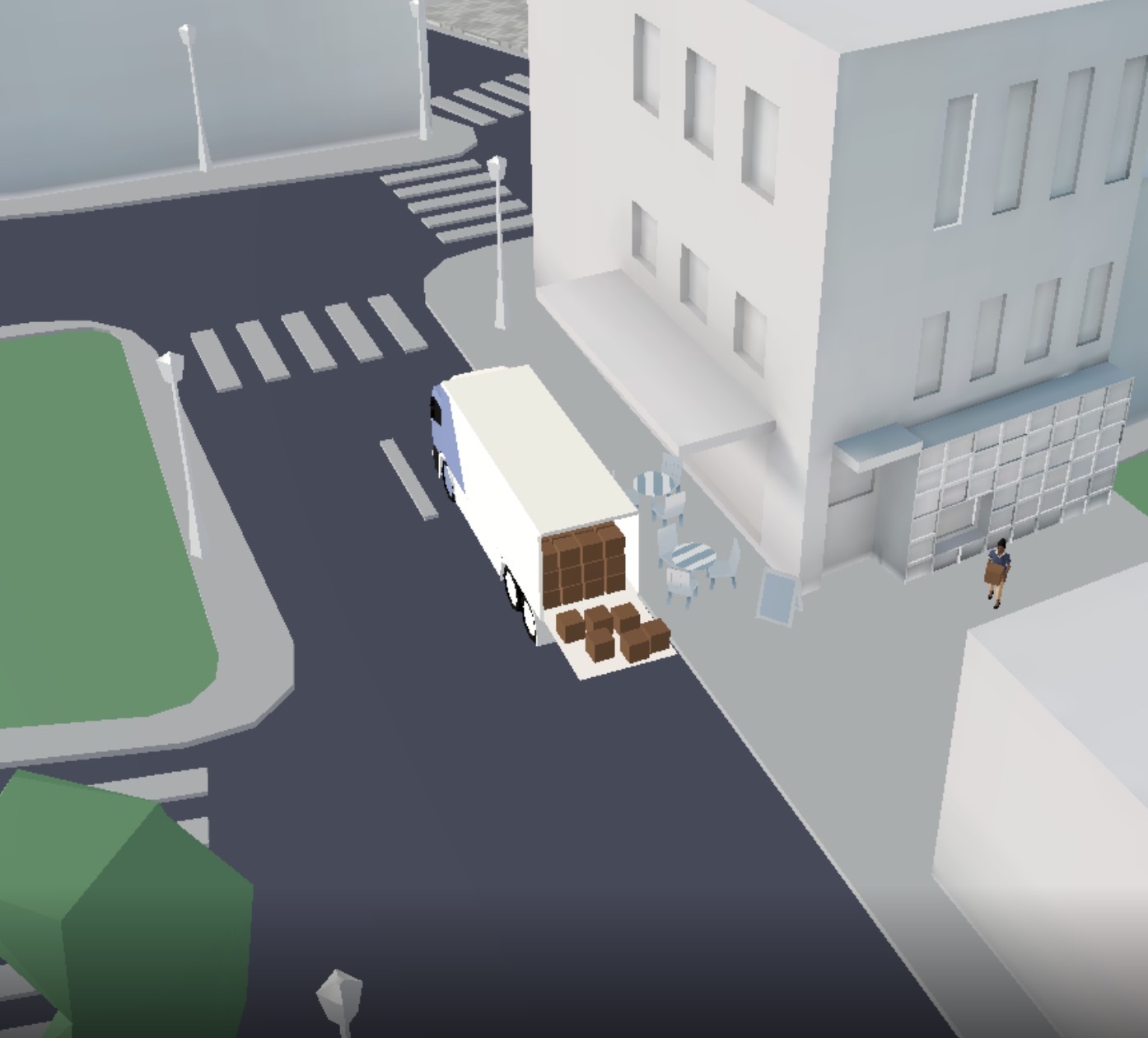
Continuing to innovate
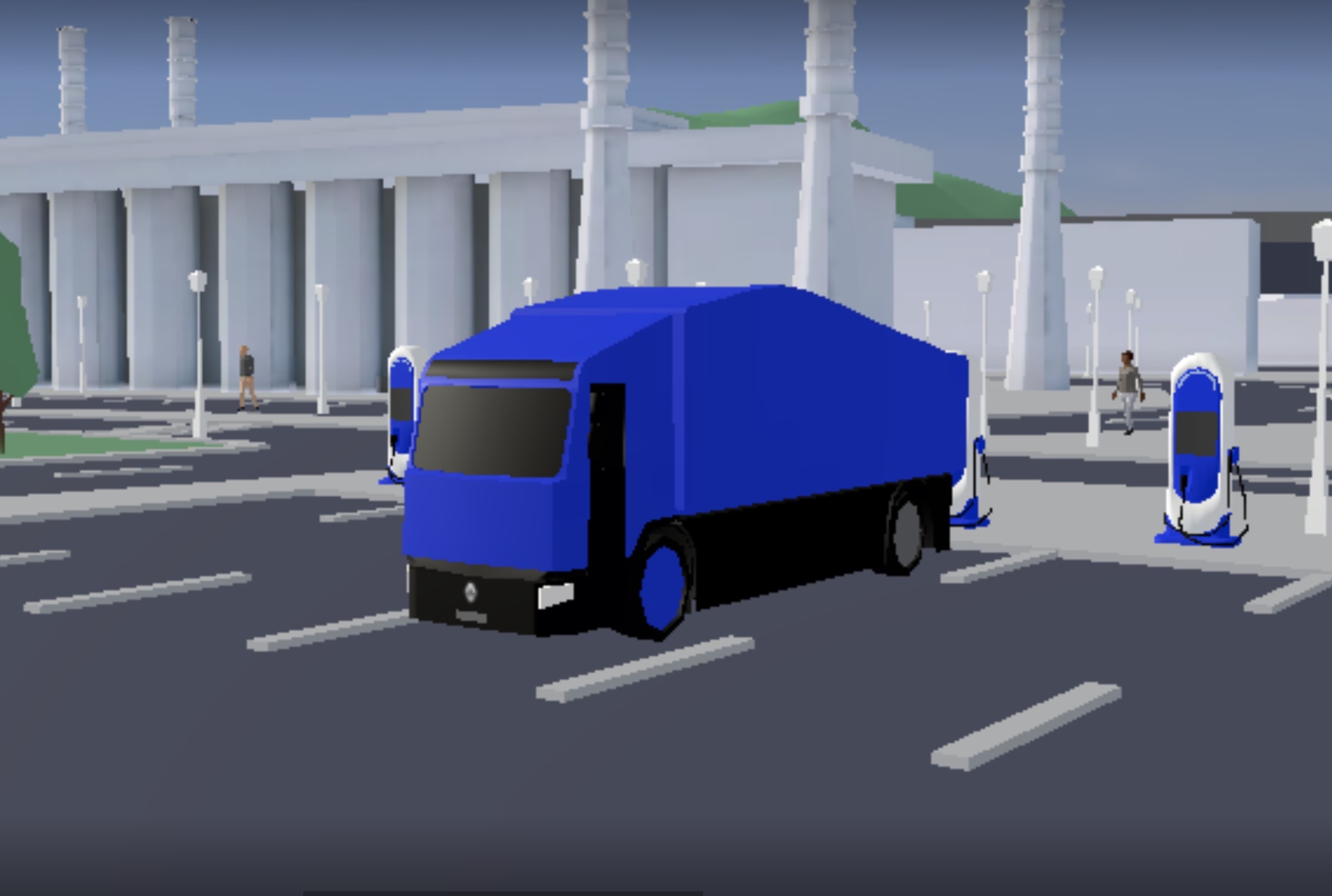
Delivering to the City Center
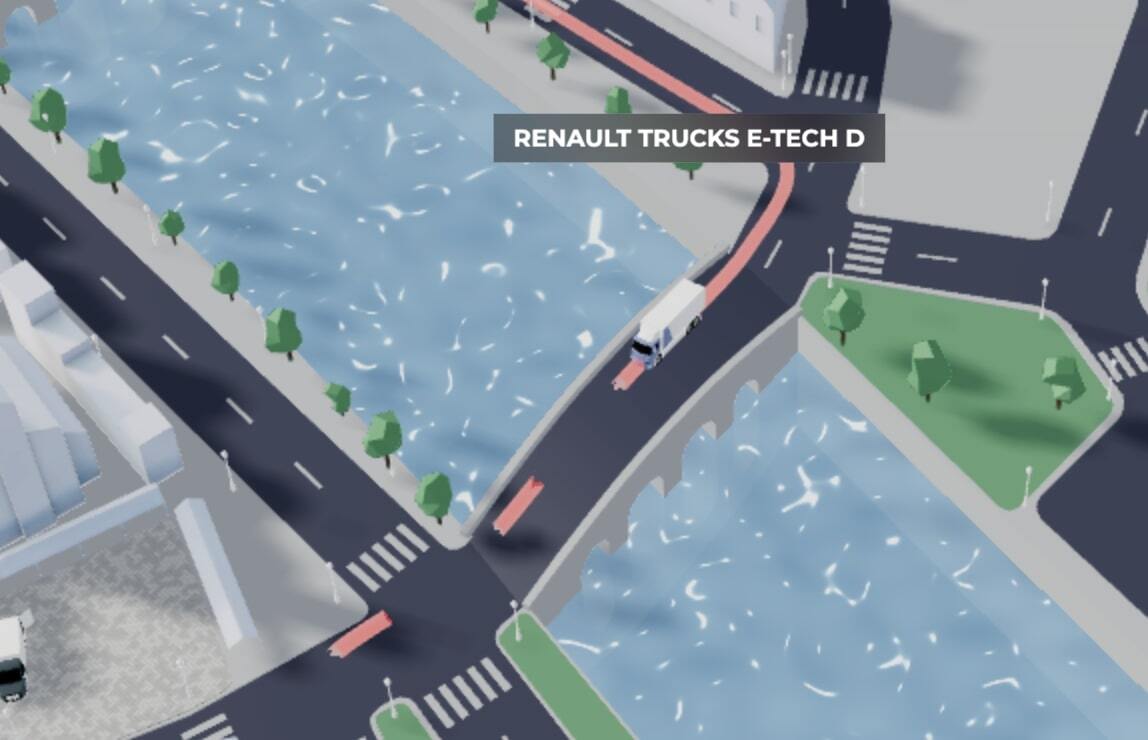
Delivering to the Downtown Area
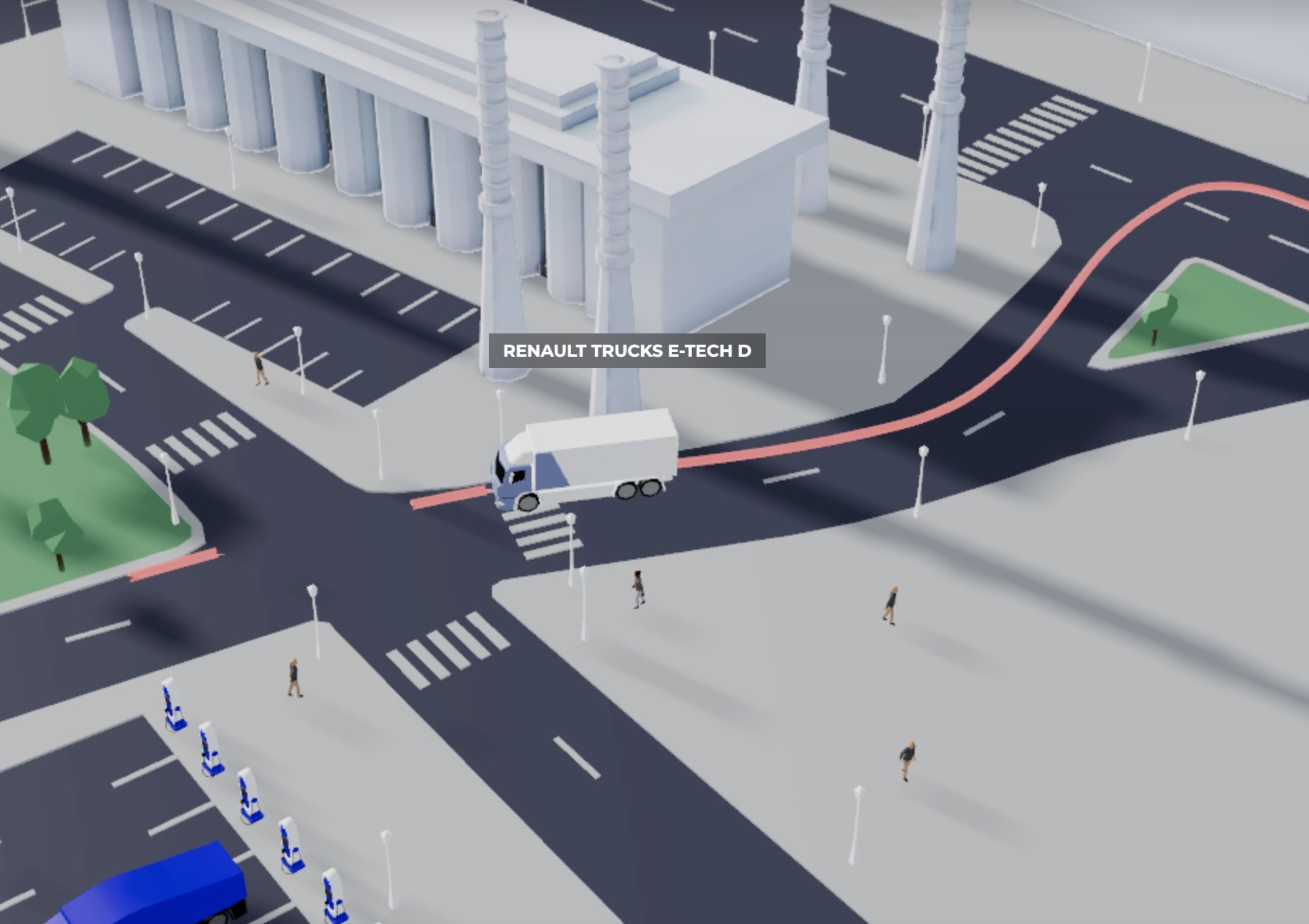
Delivering to the Suburban Area
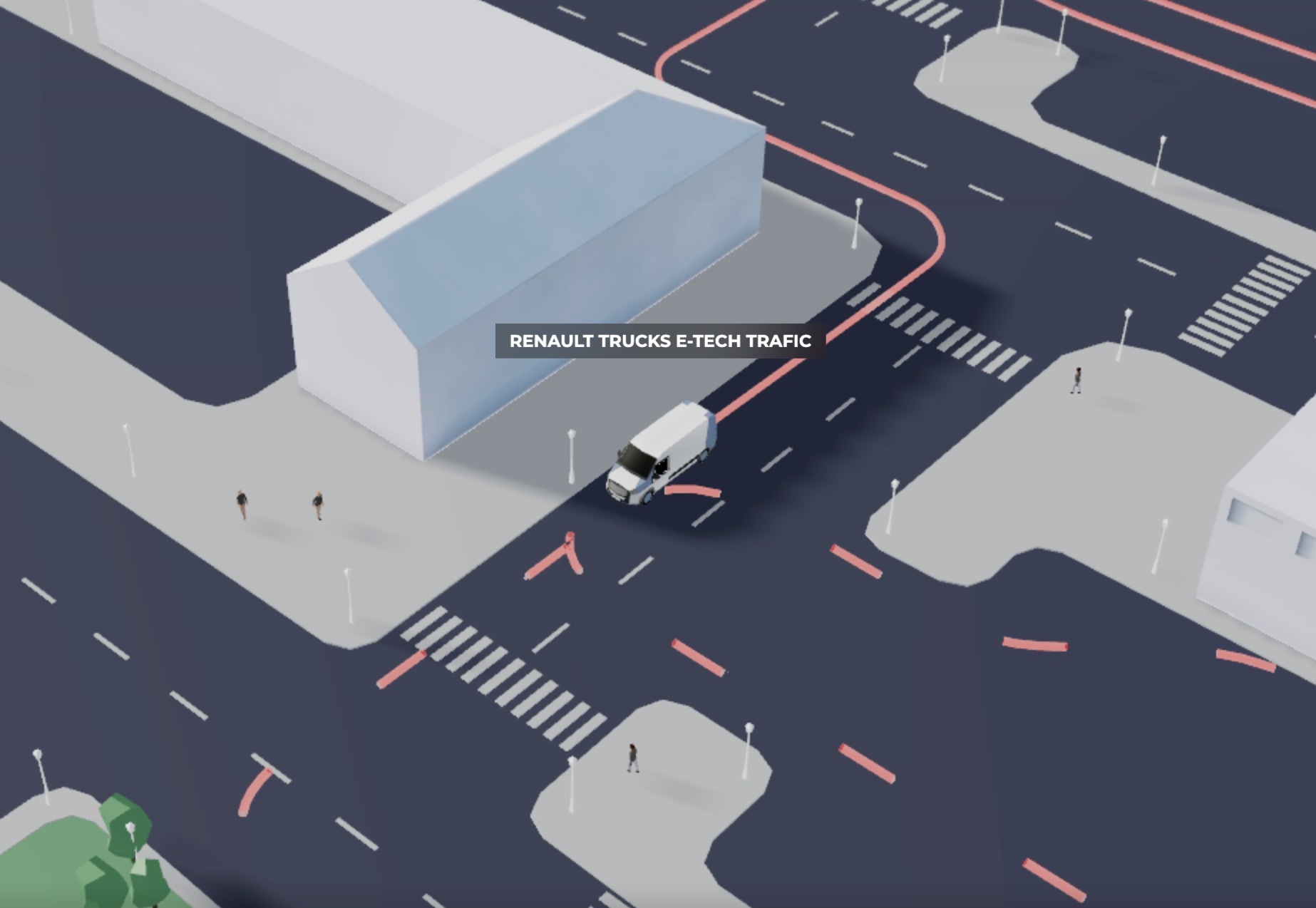
Maintaining public spaces
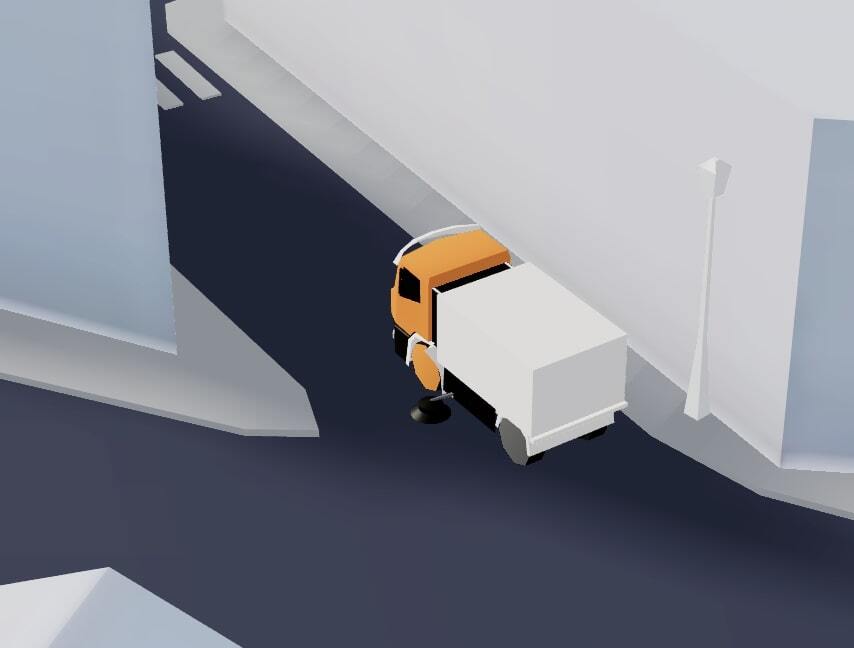
Building and maintaining roads
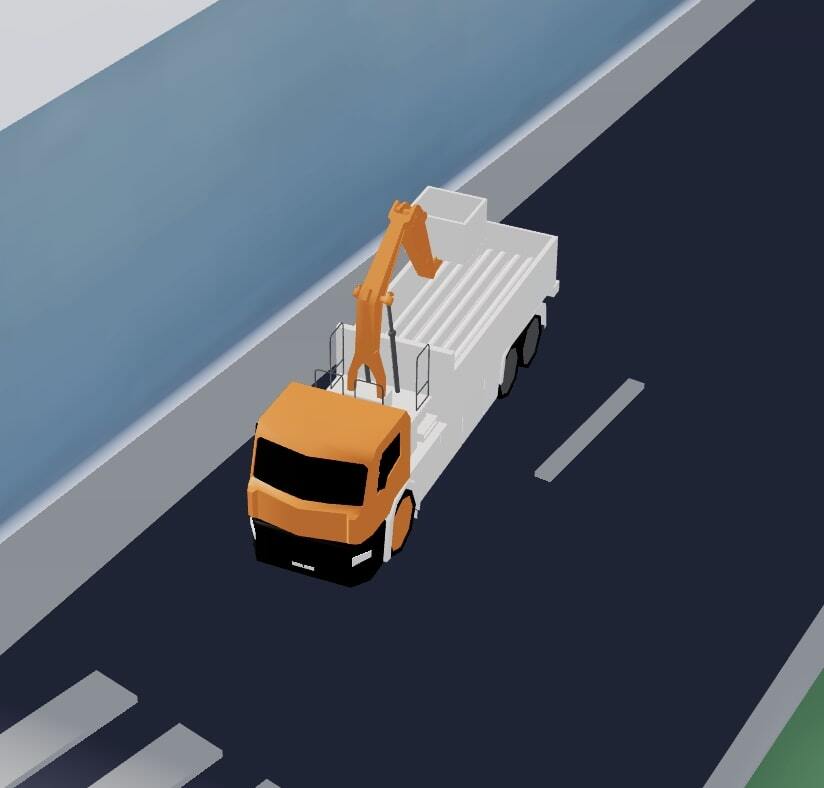
Renovating the city
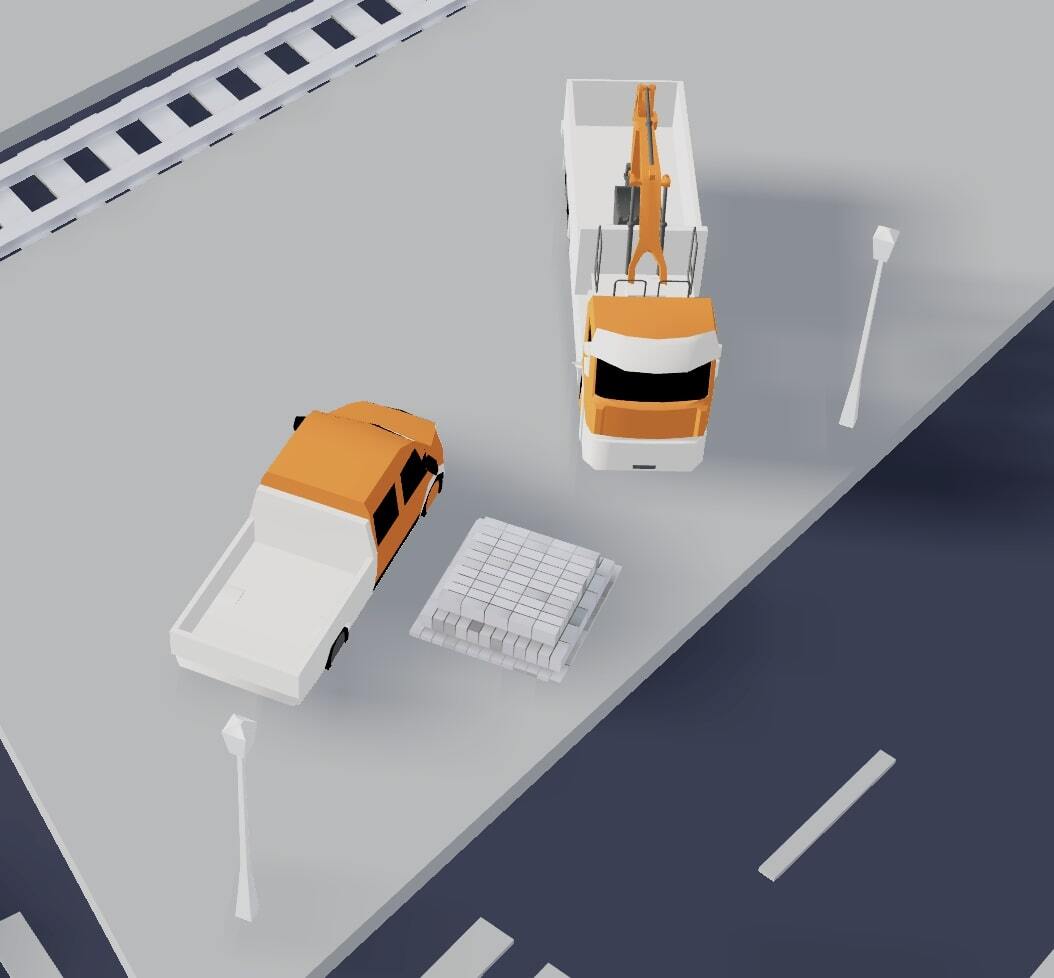
Maintaining green spaces
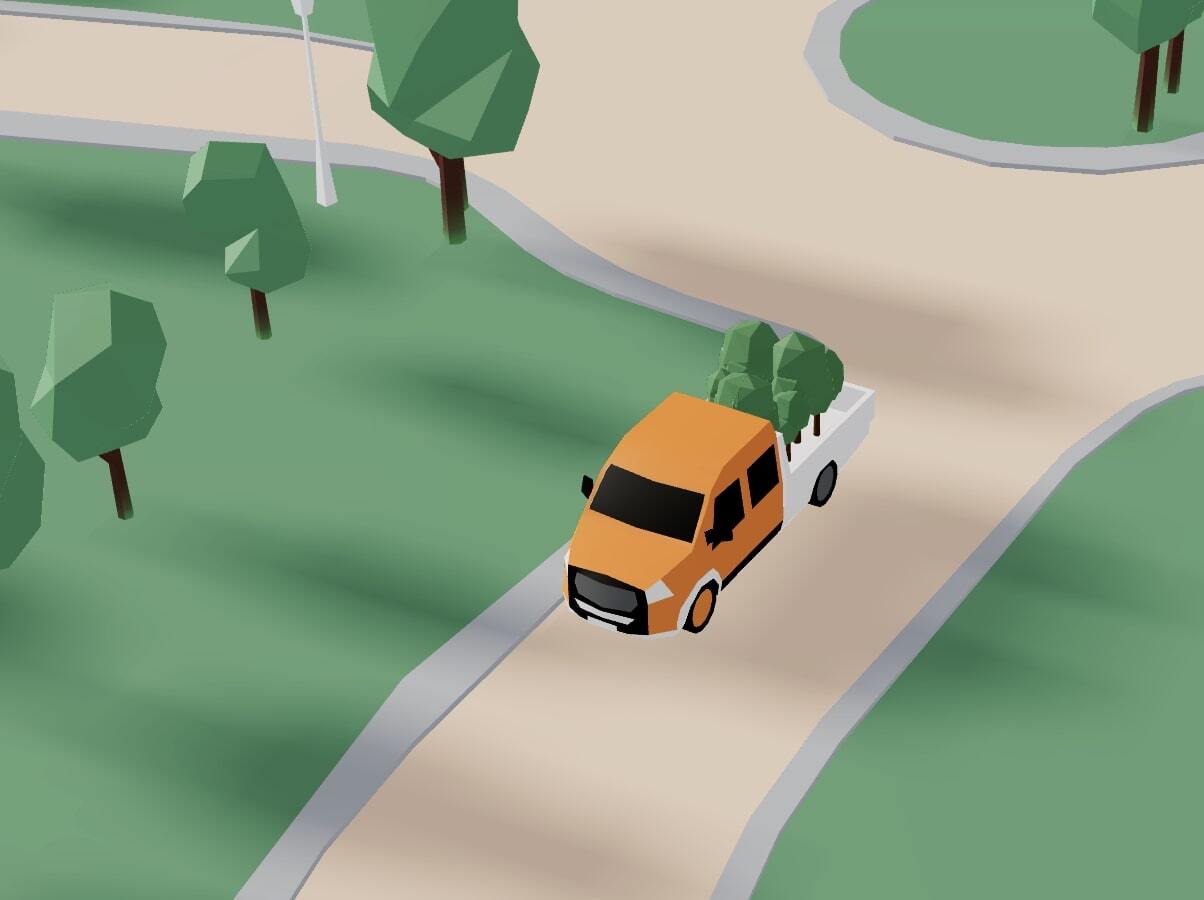
Meeting the needs of regional distribution
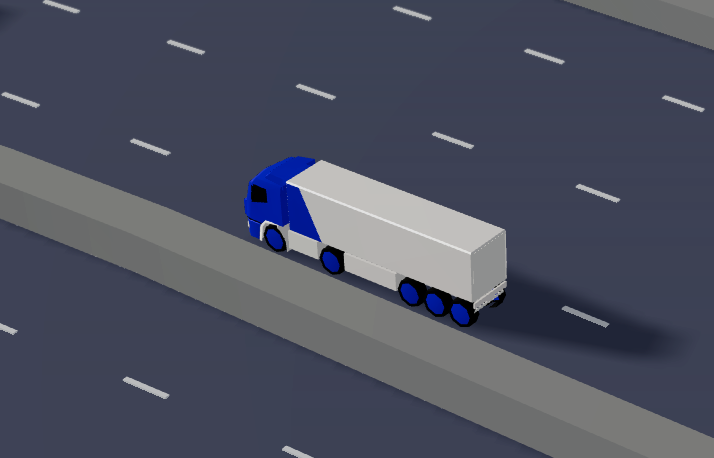
Electrifying industrial flows
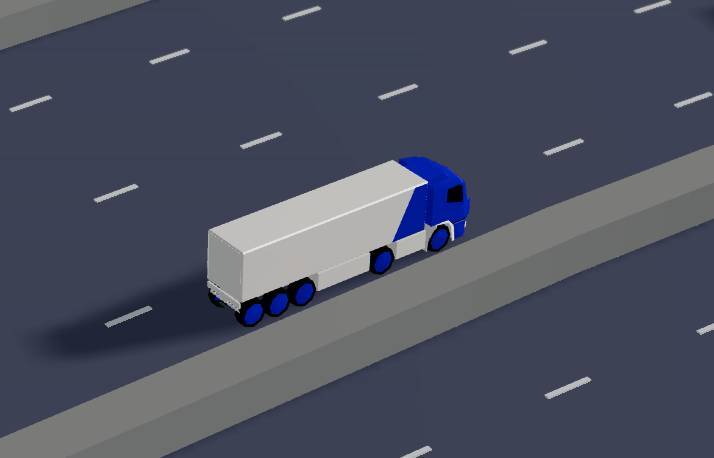
Electromobility and extreme cold
